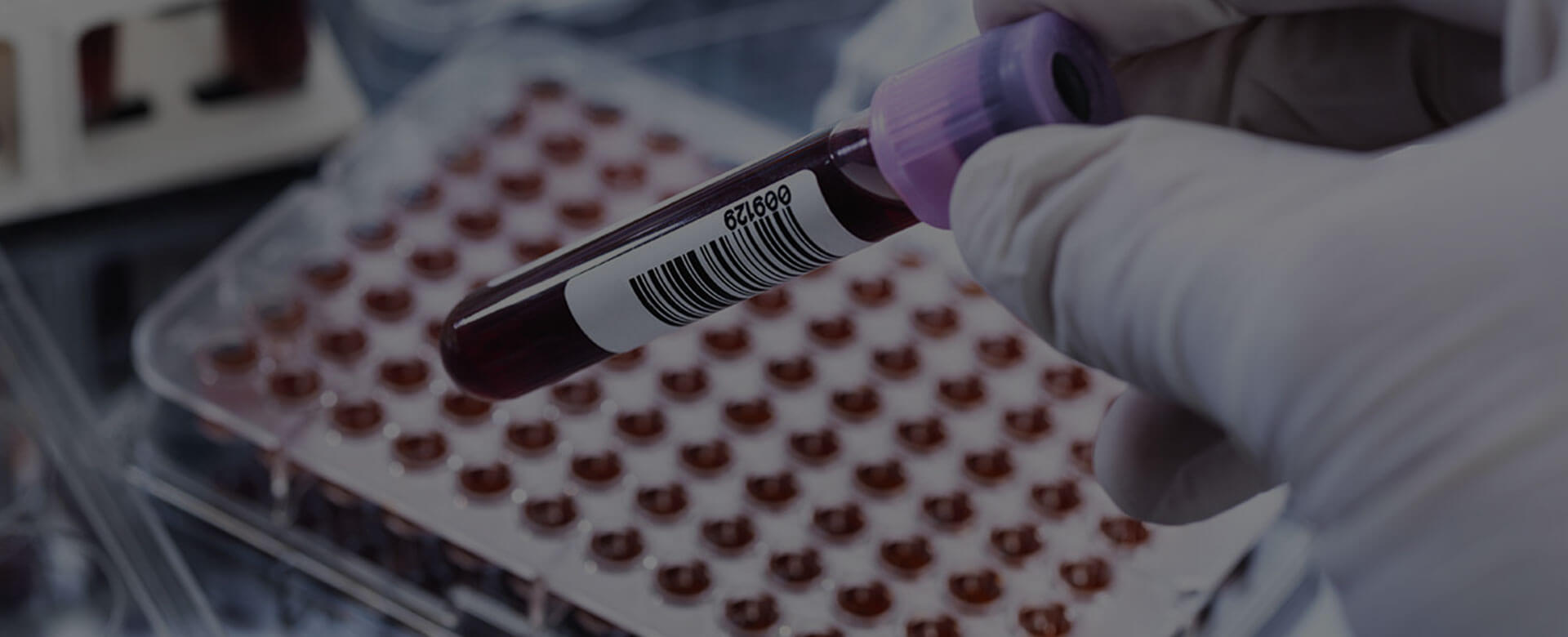The management of the pandemic overshadowed cancer prevention, fostering delayed diagnosis which will translate in significant survival reduction. Liquid biopsy is not subject to the delay that is compromising traditional screening programs. Moreover, it reduces the risk of Sars-Cov-2 contagion during the procedures.
With hospitals and clinics fighting against the Covid-19 pandemic, cancer prevention is no more a priority. Several studies, conducted all around the World, are unveiling the consequences of this situation, highlighting the need of avoiding further delayed diagnosis. Fortunately, there is a way to do it reducing the risk of Sars-Cov-2 contagion to the minimum: liquid biopsy, the high-sensitivity method for solid tumor detection.
Delayed diagnosis consequences
A study conducted in the United Kingdom, published in The Lancet Oncology, highlighted the consequences of delayed diagnosis associated with Covid-19 pandemic management. By analyzing data from almost 100 thousand patients with breast, colorectal, esophageal or lung cancer, Camille Maringe and colleagues evaluated delayed diagnosis impact from March 16, 2020 and March 15, 2021, concluding that 1 and 5-year survival to the cancer will significantly reduce.
1-year survival reduction will vary between 1% and 6.3%, whereas 5-year survival will diminish between 3.5% and 6.4%. Breast cancer-related deaths could increase by 6% in 12 months, and in the same period lung and esophageal cancer could increase, respectively, by 7.7% and 10,3%. In the case of colorectal cancer, consequences could be even more dramatic: after 1 year, deaths could increase by 20%. Deaths from breast cancer will further increase up to + 10% in 5 years, whereas lung and esophageal cancer deadliness will reach a plateau only because a lot of death will occur in the first year precisely because of delayed diagnosis. In fact, this will result in the detection of more advanced cancers.
Maringe and colleagues calculated that delayed diagnosis-related deaths from the 4 analyzed cancers might exceed 3,600 cases. Estimates are pessimistic also in the United States. In an editorial published in Science, Norman E. Sharpless, Director of the U.S. National Cancer Institute in Bethesda, forecast that colorectal and, even more, breast cancer-related deaths will increase at least until 2030. And the Italian observatory on screenings (Osservatorio Nazionale Screening, Ons) calculated the number of missed diagnosis (2,099 in the case of breast cancer, almost 4,000 for colorectal cancer, and more than 1,600 for cervical cancer), calculating that, as to May 2020, it would have taken 2 to 3.5 months to recover the delay in screening programs.
Causes and solutions
The delay has been caused by the stop, before, and the need to rearrange, after, hospitals and clinics work. The shortage of staff, loaned to the battle against the pandemic, and the necessity to reduce to the minimum the risk of coronavirus infection, hindered screening programs resumption. In Italy, a report revealed that as of May only 13 out of 20 Regions involved in an Ons survey resumed screenings based on mammography, only 11 colorectal screening and only 13 cervical screening. Moreover, patients are reluctant to be screened because of the fear of increasing the risk to be infected by Sars-Cov-2.
In both cases, liquid biopsy represents the alternative to traditional screening programs helping to avoid events and fears translating into dangerous delayed diagnosis. This approach is extremely sensitive, and it is based on a simple blood test. In fact, blood contains both circulating tumor cells (CTCs) and circulating tumor DNA (ctDNA); by analyzing their presence, liquid biopsy allow detecting the presence of a solid tumor. Moreover, liquid biopsy enables cancer genome profiling. Giuseppe Novelli, Professor of Genetics at “Tor Vergata” University in Rome, explains that «this allows choosing a targeted therapy. Liquid biopsy is becoming a powerful instrument for cancer genome profiling. By mean of next-generation sequencing, it enables the study of mutation heterogeneity and frequency, in a dynamic way. It allows monitoring therapy response and early detection of resistance mechanisms too. The implementation of this approach into clinical practice will improve targeted diagnostic procedure and tailored therapy in against several cancers». By the same approach it is possible to analyze circulating DNA to evaluate the level of mutations in healthy individuals somatic cells, thus the presence of precancerous conditions signals.
Another advantage of liquid biopsy is the possibility to detect a tumor smaller than the ones detectable by traditional screening based on imaging techniques. In fact, liquid biopsy analyzes cancer DNA, not its mass, enabling earlier tumor diagnosis. Finally, blood sample can be taken at home, avoiding involving hospital sand clinics and reducing the risk of make contact with the virus.
Genetic tests to detect solid cancer are routinely performed at Bioscience Genomics, Tor Vergata’s spin-off participated by Bioscience Institute. «Liquid biopsy is not subject to the delay that is compromising traditional screening programs», Giuseppe Mucci, Bioscience Institute CEO, explains. «Used as an alternative to imaging-based screenings such as mammography, to colonoscopy and to Pap test (or Hpv test), liquid biopsy can help to reduce pandemic consequences on cancer diagnosis, thus on Covid-19 impact on cancer mortality».
For more information, please visit the web pages dedicated to liquid biopsy and Helixafe, the program for the analysis of precancerous somatic mutations, or feel free to contact Bioscience Institute at +971 (0)4 375 7220.
Resources
- Armaroli P. et al. Rapporto sui ritardi accumulati alla fine di maggio 2020 dai programmi di screening Italiani e sulla velocità della ripartenza. A cura del Gruppo di lavoro ONS.
- DuBois RN. COVID-19, Cancer Care and Prevention. Cancer Prev Res (Phila). 2020 Nov;13(11):889-892. doi: 10.1158/1940-6207.CAPR-20-0468
- Maringe C et al. The impact of the COVID-19 pandemic on cancer deaths due to delays in diagnosis in England, UK: a national, population-based, modelling study. Lancet Oncol. 2020 Aug;21(8):1023-1034. doi: 10.1016/S1470-2045(20)30388-0
- Patt D et al. Impact of COVID-19 on Cancer Care: How the Pandemic Is Delaying Cancer Diagnosis and Treatment for American Seniors. JCO Clin Cancer Inform. 2020 Nov;4:1059-1071. doi: 10.1200/CCI.20.00134
- Sharpless NE. COVID-19 and cancer. Science 19 Jun 2020: Vol. 368, Issue 6497, pp. 1290 doi: 10.1126/science.abd3377


